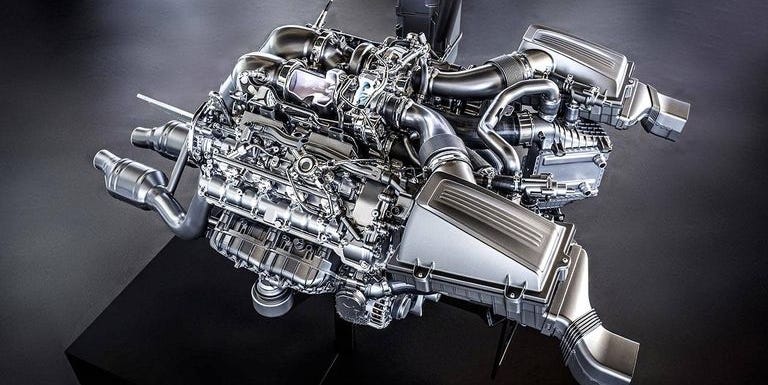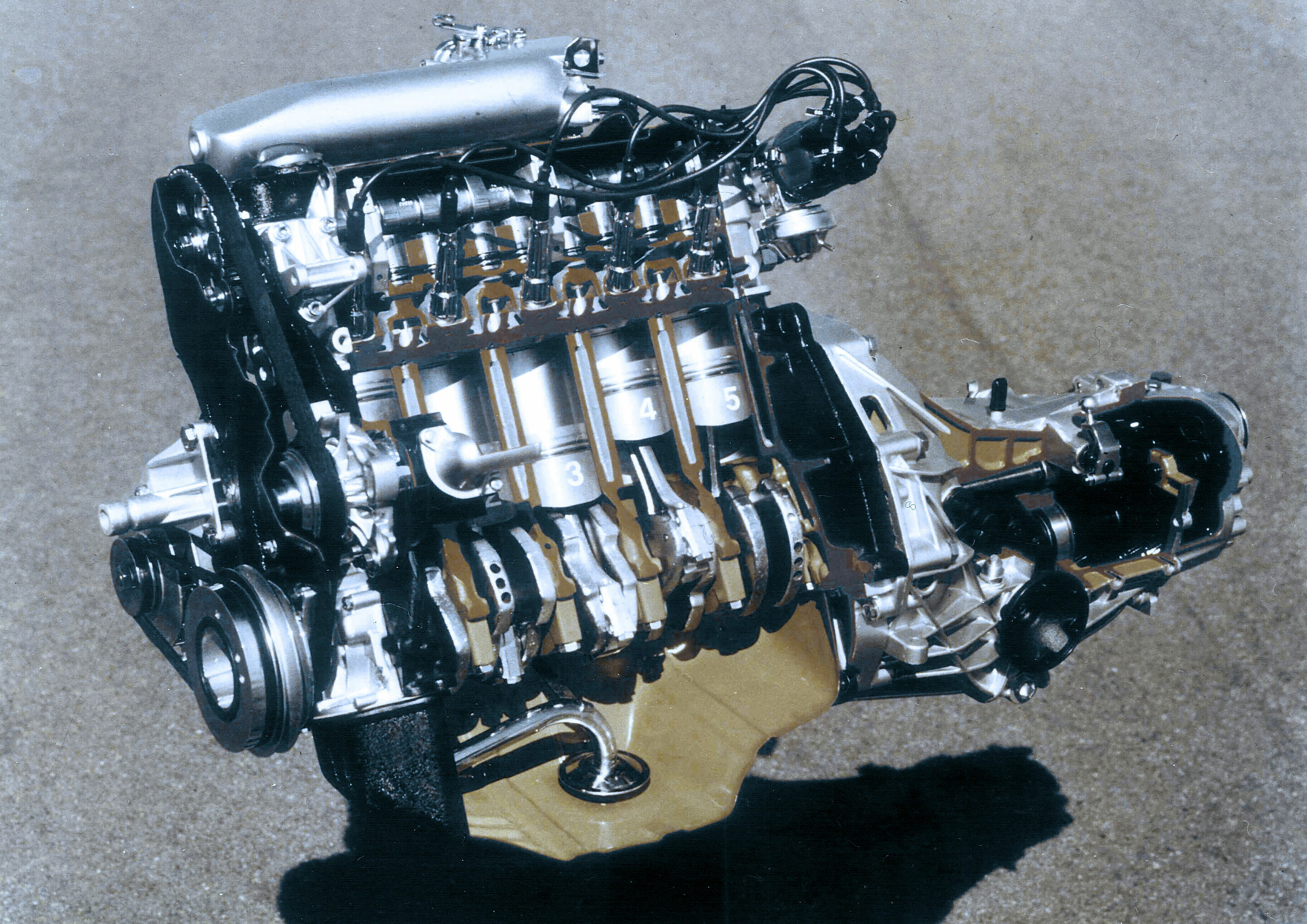Engines for Africa: Your Ultimate Automobile Parts Store for Top Quality Auto Components
Engines for Africa: Your Ultimate Automobile Parts Store for Top Quality Auto Components
Blog Article
The Effect of Ingenious Engine Technologies on Power Performance and Environmental Sustainability
In the world of transportation and industrial machinery, the continuous quest for improved power performance and minimized ecological impact has resulted in considerable advancements in engine technologies. From the steady shift towards hybrid and electrical systems to the assimilation of turbocharging for boosted performance, the landscape of engines is progressing swiftly. The usage of different gas better branches out the alternatives readily available for lasting power resources. These advancements not just guarantee a greener future but additionally hold the possible to transform the way we approach energy consumption and environmental sustainability.
Evolution of Engine Technologies
The progression of engine technologies over the decades has actually been marked by continuous development and refinement in search of improved efficiency and efficiency. From the very early days of inner combustion engines to the cutting-edge hybrid and electrical powertrains of today, the advancement of engine technologies has been driven by a relentless pursuit for improved gas efficiency and minimized emissions.
One considerable milestone in this development was the advancement of turbocharging and direct shot systems, which substantially enhanced engine power outcome while enhancing fuel performance. These technologies enabled smaller, extra lightweight engines that can supply the performance of larger ones without compromising on effectiveness.
Moreover, innovations in materials science have brought about the widespread adoption of lightweight materials such as aluminum and carbon fiber in engine building and construction. This has not just decreased general automobile weight but has likewise enhanced engine efficiency by lessening energy losses related to inertia and friction.
Benefits of Electric and Hybrid Solutions
With the expanding concentrate on sustainability and power efficiency, what benefits do hybrid and electrical systems supply in the world of engine modern technologies? Electric and hybrid systems present various benefits that add to an extra sustainable and energy-efficient future. Among the key benefits is the substantial decrease in greenhouse gas exhausts contrasted to conventional inner burning engines. Electric lorries generate absolutely no tailpipe discharges, bring about boosted air top quality and minimized environmental impact. Additionally, electric and hybrid systems are extra energy-efficient, converting a higher portion of stored power into propulsion contrasted to traditional engines. This effectiveness results in reduced energy intake and operating expense over the lorry's life time. In addition, electric cars provide regenerative stopping systems that record and keep power typically shed throughout stopping, additionally enhancing power effectiveness. Crossbreed systems incorporate the benefits of electrical propulsion with the flexibility of a burning engine, giving prolonged driving ranges and lowering array anxiety for customers transitioning to electrical cars. Overall, electric and hybrid systems play an essential duty beforehand power efficiency and ecological sustainability in the transportation market.
Turbocharging for Improved Effectiveness
Turbocharging jobs by utilizing a turbine to require more air right into the combustion chamber, enabling for better gas combustion and raised power outcome without a significant rise in engine size. By making best use of the efficiency of the combustion procedure, turbocharged engines can achieve better fuel economic situation and reduced exhausts, contributing to ecological sustainability. The extensive adoption of turbocharged engines in both fuel and diesel vehicles shows their performance in stabilizing efficiency, efficiency, and environmental influence.
Taking Advantage Of Different Fuels
Taking advantage of alternative fuels presents a promising opportunity for lowering carbon emissions and branching out the power sources utilized in transport. As the world strives to fight environment change and reduce dependence on fossil fuels, alternate gas have acquired substantial interest for their possible environmental and economic benefits.
Biofuels, such as ethanol and biodiesel, are stemmed from sustainable resources like algae, sugarcane, and corn, providing a cleaner burning option to standard gas and diesel. These gas can be blended with existing oil gas or used in committed engines, providing a pathway to lower greenhouse gas emissions and boost find more air high quality.
Additionally, hydrogen gas cells have actually become a promising modern technology for zero-emission transport. engines for africa. By transforming hydrogen gas right into power to power electrical motors, fuel cell vehicles produce just water vapor as a result, removing harmful tailpipe emissions completely
In addition to decreasing carbon discharges, different gas can additionally boost energy safety by expanding the gas mix and minimizing reliance on imported oil. Embracing different gas in transportation is an important step in the direction of accomplishing a much more sustainable and eco-friendly future.

Future potential customers and ecological advantages
The environmental advantages of different fuels and their possibility for long-term sustainability are crucial considerations in the change towards cleaner energy resources. Different fuels, such as biofuels, hydrogen, and electrical power, deal significant environmental benefits contrasted to conventional nonrenewable fuel sources. These gas create lower degrees of greenhouse gas emissions, minimizing air contamination and mitigating climate adjustment impacts. Additionally, alternate gas can help branch out energy resources, enhancing energy protection and decreasing dependence on limited sources.
The future prospects for alternative gas in the transportation sector are promising. Improvements in innovation remain to enhance the performance and price of different gas cars, making them a lot more obtainable to customers. Federal governments worldwide are also carrying out plans to incentivize the adoption of alternative fuels, further driving their growth. As r & d efforts increase, the potential for even greener and extra lasting fuel choices raises, paving the means for a cleaner and extra eco-friendly transport market. By accepting cutting-edge modern technologies and alternate gas, the course in the direction of a much more sustainable future comes to be significantly attainable.

Conclusion
Finally, ingenious engine technologies have played a critical role in enhancing power effectiveness and advertising environmental sustainability. engines for africa. The development of engine modern technologies, adoption of electrical and hybrid systems, usage of turbocharging, and expedition of different fuels have all added to boosting and minimizing emissions effectiveness. The ecological benefits of these advancements are clear, and there is great potential for additional progression in the future. Engine modern technologies remain to be a crucial area of focus for accomplishing an extra lasting future.
In the world of transport and commercial great site machinery, the continuous mission for enhanced energy performance and lowered ecological effect has led to significant advancements in engine technologies. Turbocharging jobs by you can try here utilizing a wind turbine to require more air right into the combustion chamber, allowing for far better gas combustion and raised power result without a considerable increase in engine dimension. By optimizing the efficiency of the burning procedure, turbocharged engines can attain better fuel economy and lowered discharges, adding to environmental sustainability. Alternate gas, such as biofuels, hydrogen, and power, offer significant ecological benefits contrasted to standard fossil fuels. The advancement of engine innovations, adoption of electrical and hybrid systems, application of turbocharging, and exploration of different fuels have all added to decreasing exhausts and boosting efficiency.
Report this page